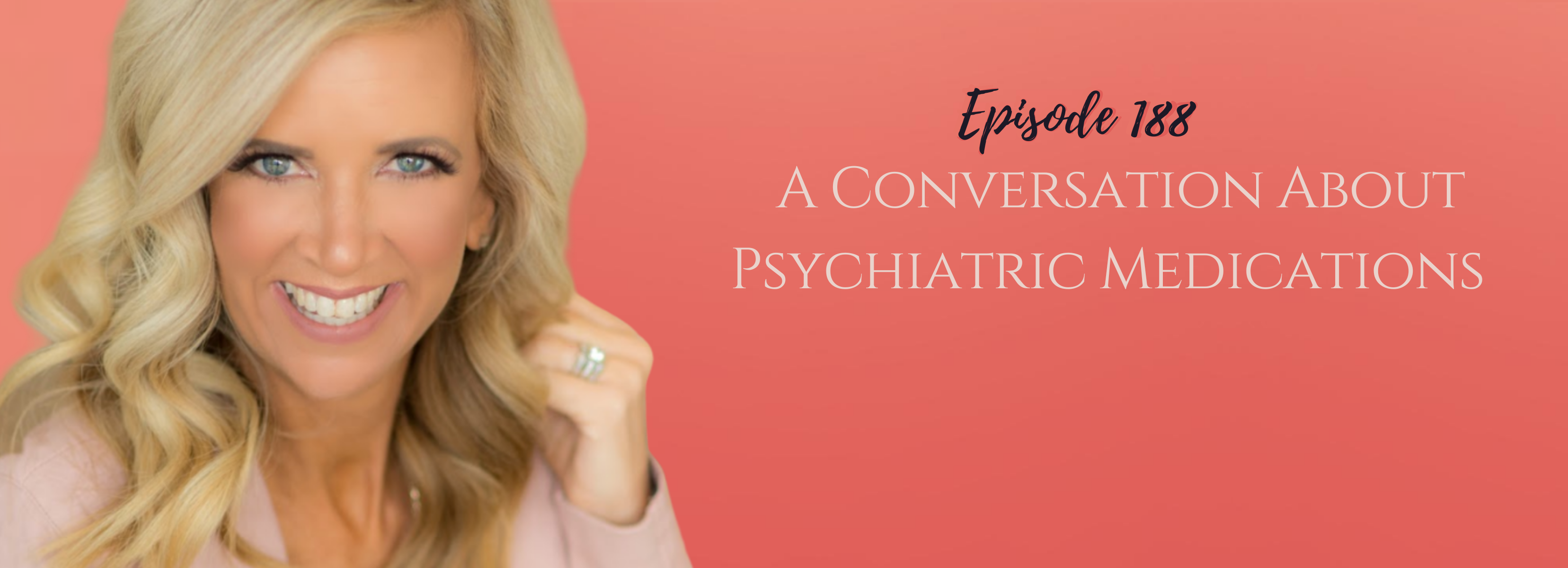
A Conversation About Psychiatric Medications with Justin Bethoney, Psych NP
11.23.2022
In this episode, Kristen talks with Justin Bethoney, Psych NP, a nurse practitioner and author of The Mental Wellness Diet, Ancient Wisdom, Evolving Science, Modern-Day Options, about medications, different types and viewpoints on medications that will help you along as you explore healthy modalities for your healing process.
You'll Learn
- Classification of psychiatric medications
- Research on addiction to psychiatric medications
- Different perspectives on medications
- Functional medicine and mental health
Resources
For counseling services near Indianapolis, IN, visit www.pathwaystohealingcounseling.com.
Subscribe and Get a free 5-day journal at www.kristendboice.com/freeresources to begin closing the chapter on what doesn’t serve you and open the door to the real you.
Subscribe to the Close the Chapter YouTube Channel
This information is being provided to you for educational and informational purposes only. It is being provided to you to educate you about ideas on stress management and as a self-help tool for your own use. It is not psychotherapy/counseling in any form.